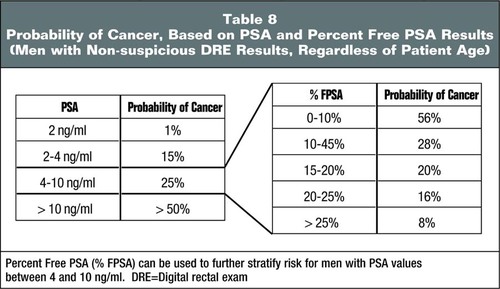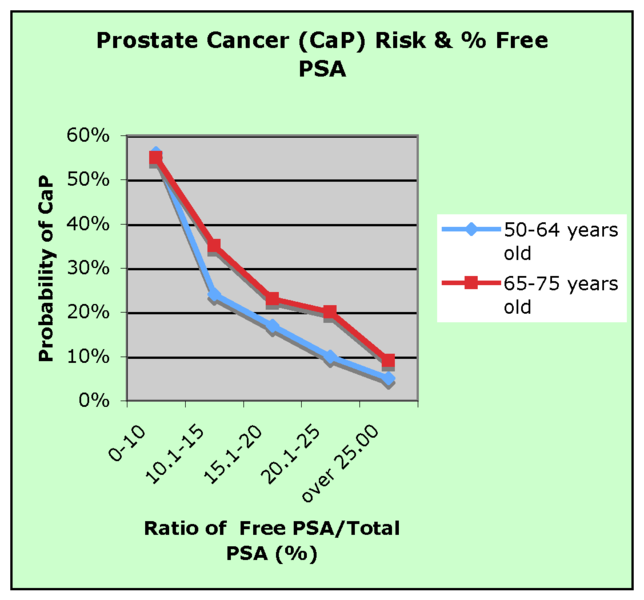The guidelines do not recommend population-wide, routine screening for prostate cancer using prostate-specific antigen (PSA) testing. This is because there is ongoing debate about the balance of benefits and harms of PSA testing, including potential over-diagnosis and over-treatment.
Instead, the decision to undergo PSA testing should be made on an individual basis, involving a detailed discussion between the man and his doctor about the benefits, harms, and uncertainties of PSA testing. This process is often referred to as “shared decision making” or “informed choice”.
If testing is to be performed, it is typically suggested for men aged 50 to 69 who have made an informed choice and have a life expectancy of at least 15 years. Men at higher risk, such as those with a strong family history of prostate cancer, could consider testing from an earlier age, such as 45.
It’s important to note that a PSA test is not a definitive diagnostic test for prostate cancer but a part of the overall assessment. An abnormal PSA test result often leads to further investigations, such as a digital rectal examination, repeat PSA testing, and potentially a prostate biopsy.
Two conflicting articles are attached. The first is outdated but still RACGP mantra.
The second points out that prostate cancer is the most common cancer in Australia. If could also note (but does not) that prostate cancer causes more deaths than breast cancer (3500 vs 3200).
Anyway, the short take home is that if the PSA is > 3 repeat in 1-3 months with 3/7 abstinence from sex and bicycle riding. If PSA still > 3 refer to a urologist for MRI (2023.1 AKT answer)
Free to Total PSA
The 4-10ng/ml area is a grey zone. As can be seen, a low % Free PSA amplifies the risk.


The old party line from the RACGP
The new thinking on PSA testing
The new thinking is informed by these statistics from AIHW on what has been happening in Australia with prostate cancer.

